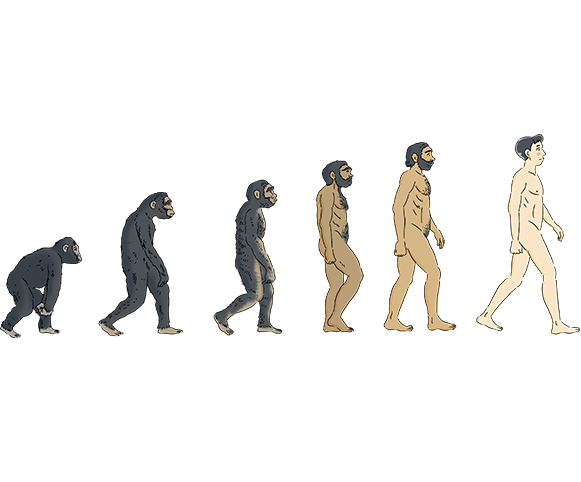
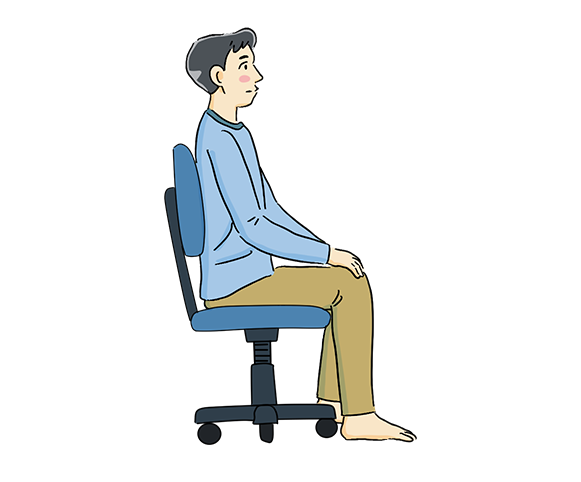
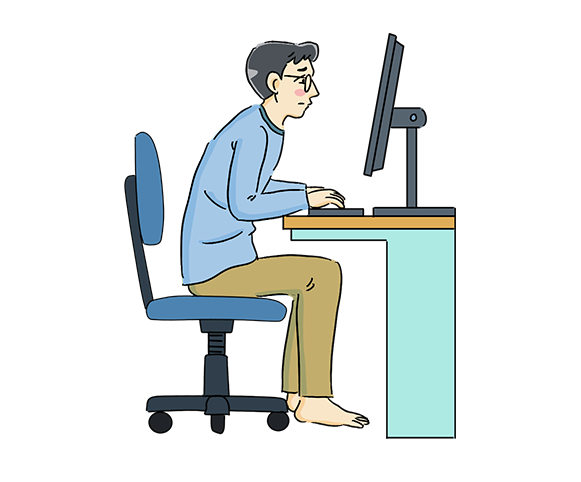
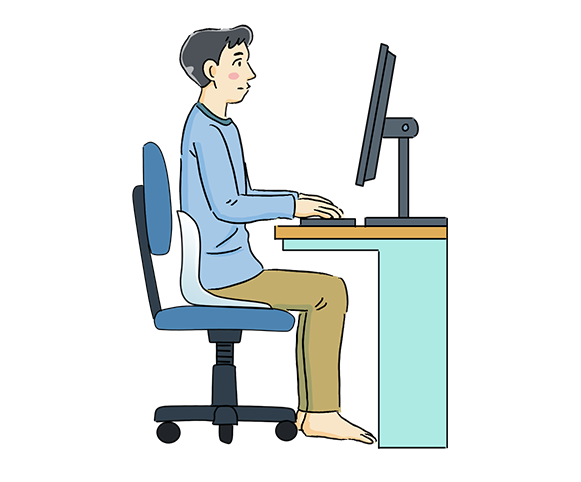
Posture is a position of the body or the arrangements of body parts relative to one another when your sitting, standing or lying down.
The spine is at the core of these relations between our body parts and the supporting structures such as muscles, tendons, ligaments, discs and nerves complement each other.

Gravity is closely related with backbone health.
Bad posture has a direct impact on the support structure of a human body because of gravity.
We are constantly fighting gravity and the reason why we feel most relaxed and comfortable lying down is because gravity's pull is spread evenly throughout our bodies. Our spine has natural curves that form an S-shape because this is the shape that optimally absorbs and distributes gravity’s pull evenly throughout our bodies.
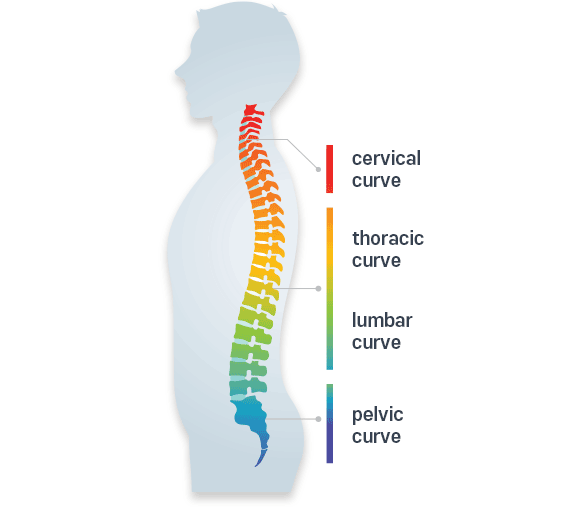
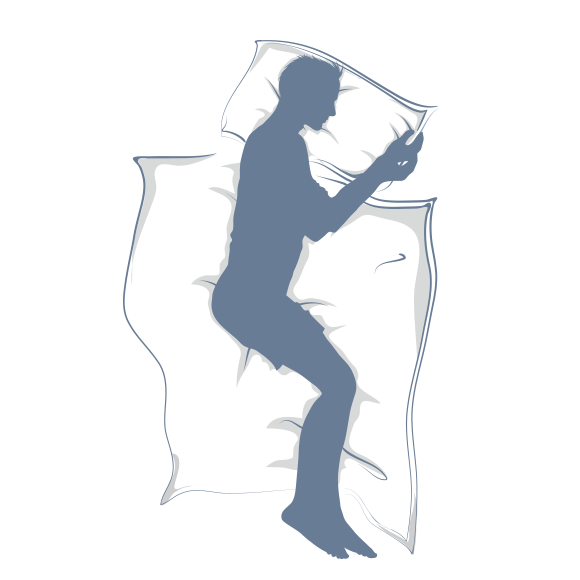
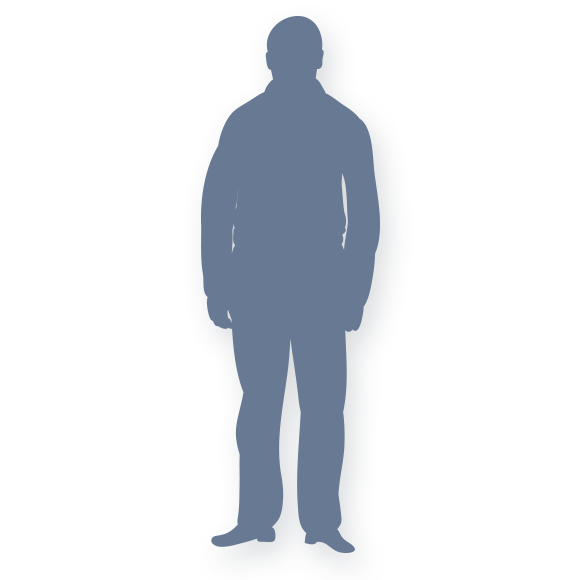
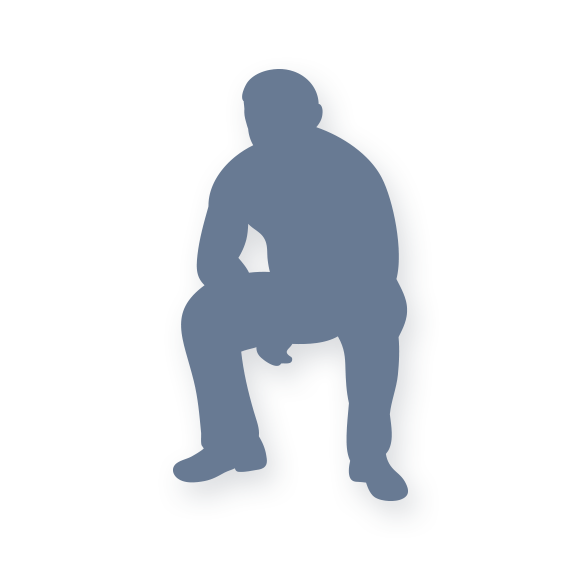
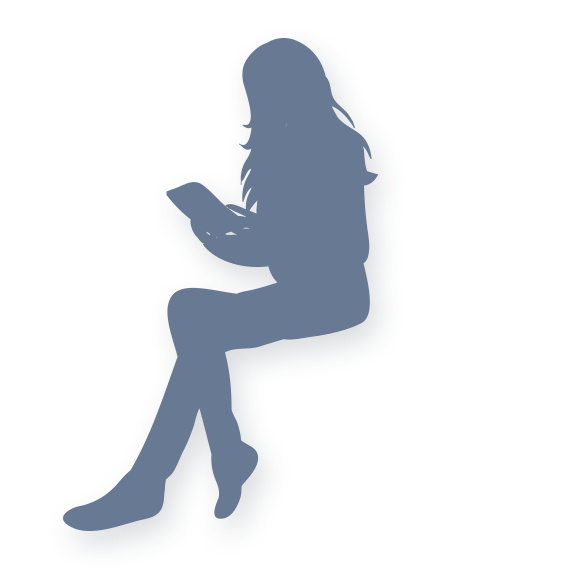
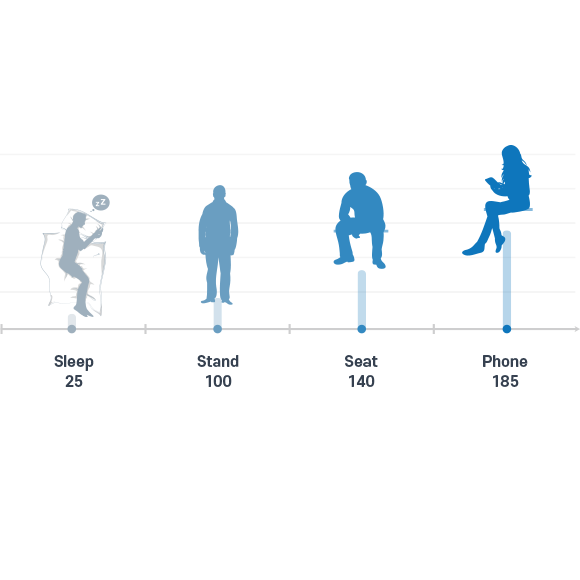
Professor Nachemson of Sweden found that if the pressure or gravity’s pull on the third lumbar spine vertebra while standing is 100%, the pressure can increase to 140% when we’re sitting on a chair without a backrest and 180% when we lean forward 20 degrees either standing or sitting. Thus, sitting generally adds more pressure on our spine compared to standing and if we sit with a poor posture, the pressure can be even greater.
Think about your posture in your everyday life. We often have our head forward and our back slouched forward as well. You’ll notice that your head comes forward when you’re reading, studying, working on your computer or watching TV. Also, the use of smartphones and all sorts of digital devices we have today are causing what’s called the Text Neck Syndrome and bad postures in growing children and adolescents today.
"Being in a poor posture for long periods of time, your head will come in front of the shoulders, and eventually, to compensate for the load on your head, your stomach will come out and your back will be slouched. This will flatten the natural curve your spine and the muscles supporting your spine will be tightened and stiffened. The back of your neck will also feel stiff, you’ll get tension headache and you’ll feel pain and fatigue in your shoulder muscles because of all the stiffness. The load on your spine will compress the discs and with all the nerves compresses, you might get a herniated disc."
The spinal cord is an important neural channel that connects the brain and the rest of the body and also affects growth hormone secretion. If you have problems in cervical vertebrae 1 and 2 or the tailbone, they could negatively affect growth hormone secretion and if nerves get compressed, normal growth could be affected as well. Also, if the disks between vertebrae get compressed, your height actually reduces. The height between the morning and evening could vary as much as 2cm and that’s because the spine is spreads out and decompresses during sleep.
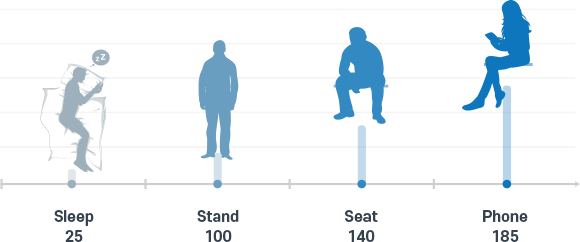
Professor Nachemson of Sweden found that if the pressure or gravity’s pull on the third lumbar spine vertebra while standing is 100%, the pressure can increase to 140% when we’re sitting on a chair without a backrest and 180% when we lean forward 20 degrees either standing or sitting. Thus, sitting generally adds more pressure on our spine compared to standing and if we sit with a poor posture, the pressure can be even greater.
Think about your posture in your everyday life. We often have our head forward and our back slouched forward as well. You’ll notice that your head comes forward when you’re reading, studying, working on your computer or watching TV. Also, the use of smartphones and all sorts of digital devices we have today are causing what’s called the Text Neck Syndrome and bad postures in growing children and adolescents today.
"Being in a poor posture for long periods of time, your head will come in front of the shoulders, and eventually, to compensate for the load on your head, your stomach will come out and your back will be slouched. This will flatten the natural curve your spine and the muscles supporting your spine will be tightened and stiffened. The back of your neck will also feel stiff, you’ll get tension headache and you’ll feel pain and fatigue in your shoulder muscles because of all the stiffness. The load on your spine will compress the discs and with all the nerves compresses, you might get a herniated disc."
The spinal cord is an important neural channel that connects the brain and the rest of the body and also affects growth hormone secretion. If you have problems in cervical vertebrae 1 and 2 or the tailbone, they could negatively affect growth hormone secretion and if nerves get compressed, normal growth could be affected as well. Also, if the disks between vertebrae get compressed, your height actually reduces. The height between the morning and evening could vary as much as 2cm and that’s because the spine is spreads out and decompresses during sleep.

Good posture allows us to move our joints smoothly and makes us taller.

Good posture stimulates the growth of children and adolescents.

Good posture activates the brain cells of growing children and adolescents and improves their mental focus.

Good posture is beneficial to people who are suffering from chronic indigestion and lacks energy for unknown reasons.

Good posture removes the pressure on the nervous system, improves metabolism and helps you recover your appetite and stamina.
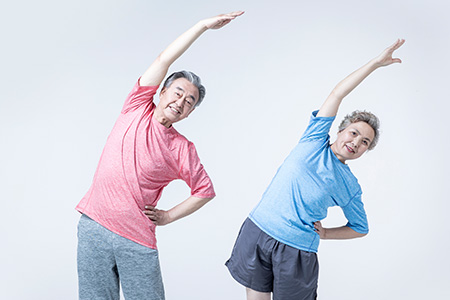
Good posture prevents regressive changes in your joints and prevents injuries by maximizing flexibility.
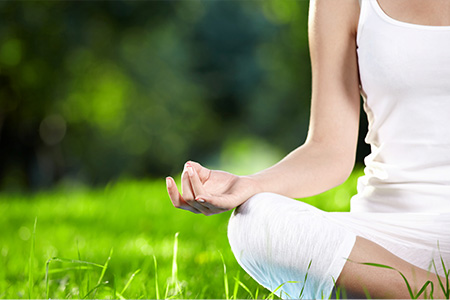
Good posture allows you to maintain an optimal level of wellness by improving your natural healing powers like the vitality, healing ability and growth of your cells.
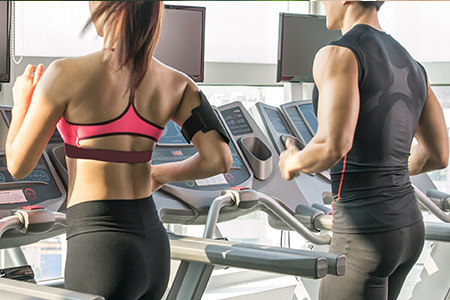
Good posture allows you to have a healthy and beautiful body.